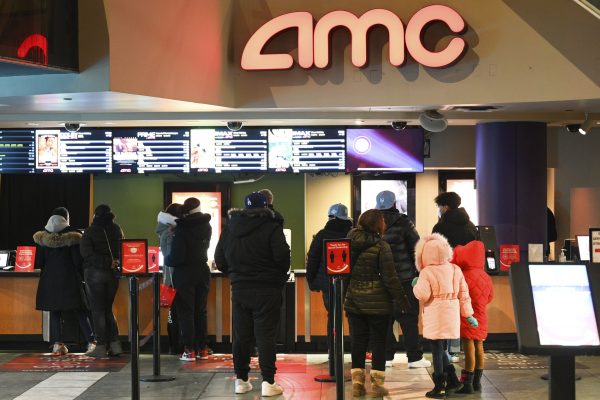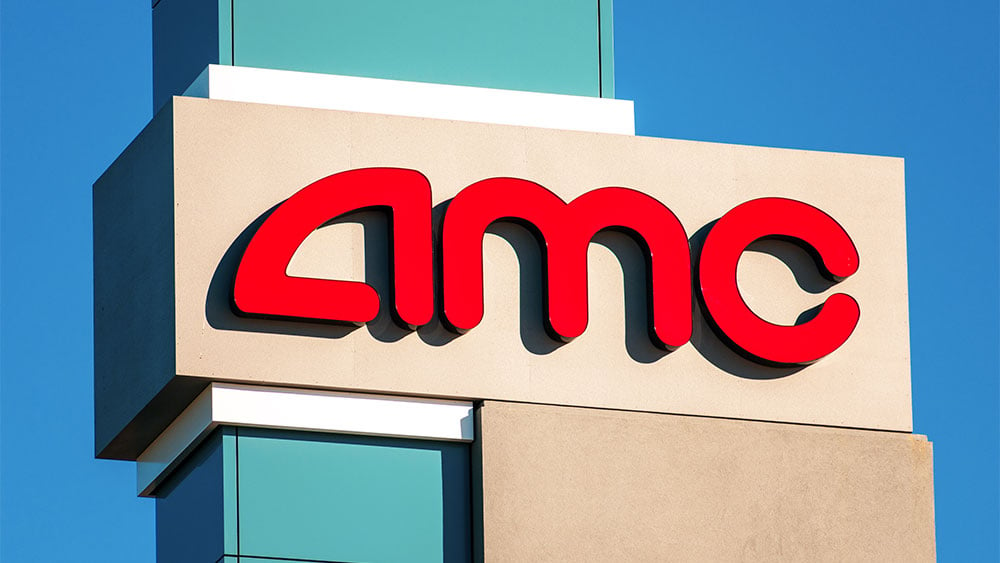AMC’s Stock Conversion Plan Halted: A Twist in the Tale of AMC’s Financial Strategy
In a surprising turn of events, a judge recently blocked a proposed settlement on AMC Entertainment Holdings’ stock conversion plan. This plan, a key part of AMC’s financial strategy, would have allowed the company to issue more shares. The decision to halt AMC’s stock conversion plan resulted in a significant rise in AMC’s common shares, while preferred shares experienced a drop in after-hours trading.
The Legal Hurdle in AMC’s Stock Conversion Plan
Delaware Vice Chancellor Morgan Zurn, who made the ruling, stated that she couldn’t approve the settlement “as submitted.” The reason?
It would release potential claims by preferred shareholders who weren’t represented in the lawsuit or settlement. This decision has put a temporary halt to AMC’s stock conversion plan, causing a stir in the market.

Following the ruling against AMC’s stock plan, the company’s shares experienced a dramatic shift. AMC’s common shares rose by 69% to $7.44 in after-hours trading.
However, its preferred shares dropped by 20% to $1.43. This fluctuation in share prices reflects the market’s reaction to the judge’s decision on AMC’s conversion plan.
AMC found itself in legal hot water in February when it was sued for allegedly manipulating a shareholder vote.
This vote was crucial to AMC’s stock conversion plan, which aimed to convert preferred stock to common stock and issue hundreds of millions of new shares.
While this conversion would have diluted the ownership of common stockholders, it would have helped AMC pay down some of its $5.1 billion debt.
AMC’s Financial Struggles
AMC has been open about its financial struggles, warning investors that it is burning cash at an unsustainable rate. The company has also stated that if it can’t raise capital, it could be forced into bankruptcy.
AMC’s stock conversion plan was a key part of its strategy to raise capital. However, with the litigation still unresolved, the future of this plan remains uncertain.

The settlement related to AMC’s conversion plan received over 2,800 objections from shareholders, a level of interest that Zurn called “unprecedented” in her ruling.
Many shareholders sought permission to opt out of the settlement and sue on their own behalf, dismissing AMC’s dire financial predictions as “fear tactics.”
These objections highlight the controversy surrounding AMC’s conversion plan and its impact on the company’s financial future.





